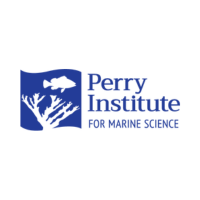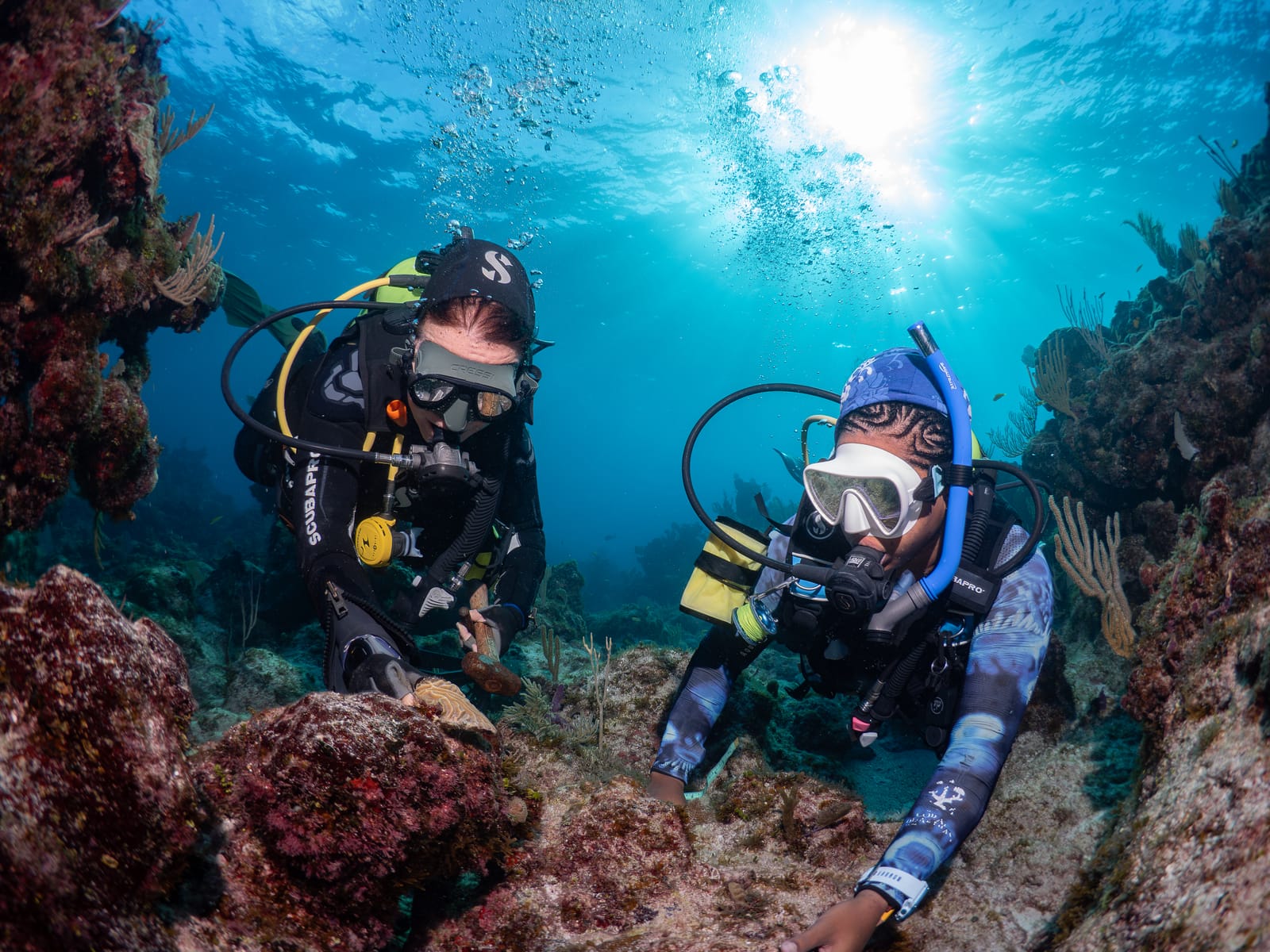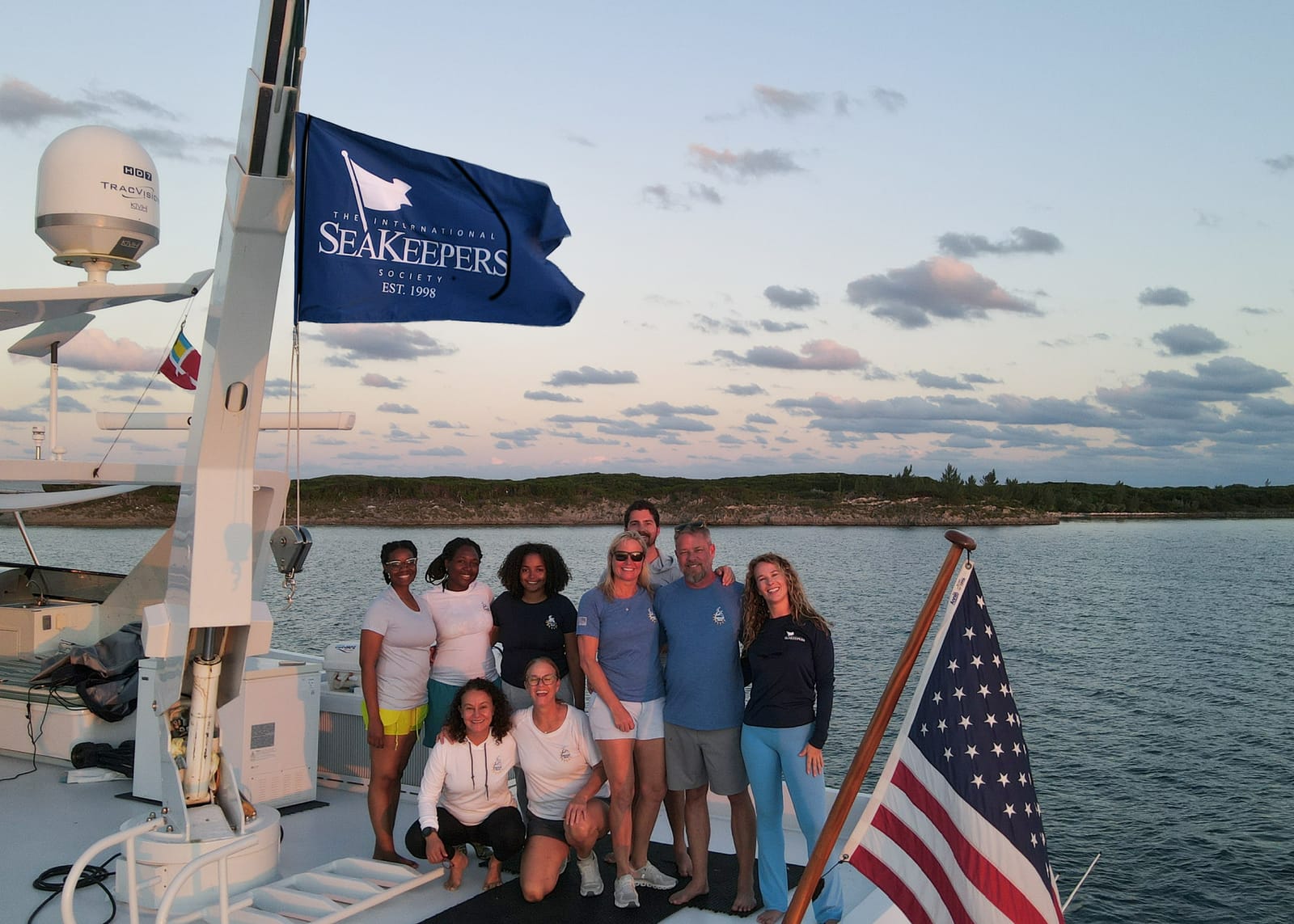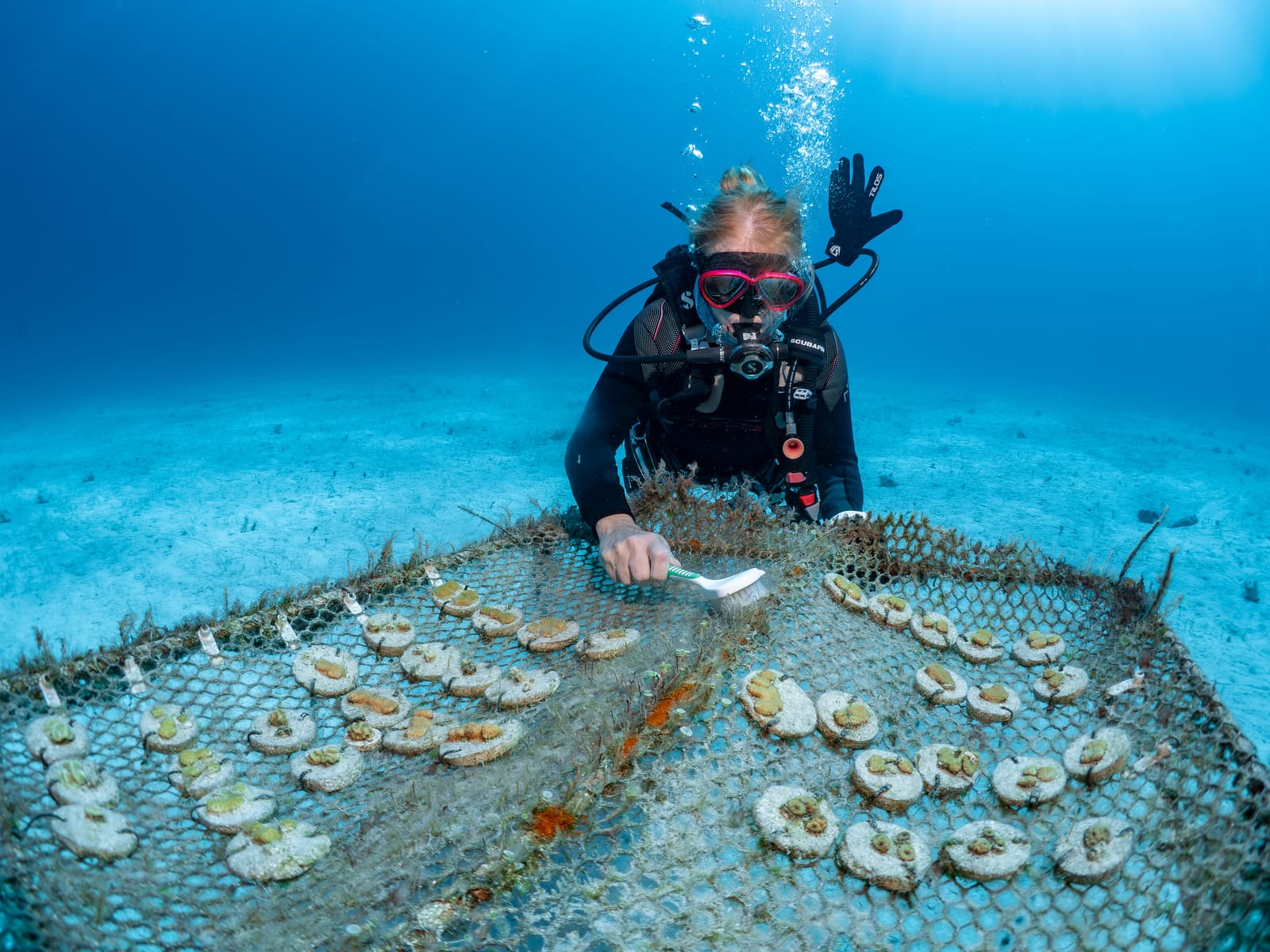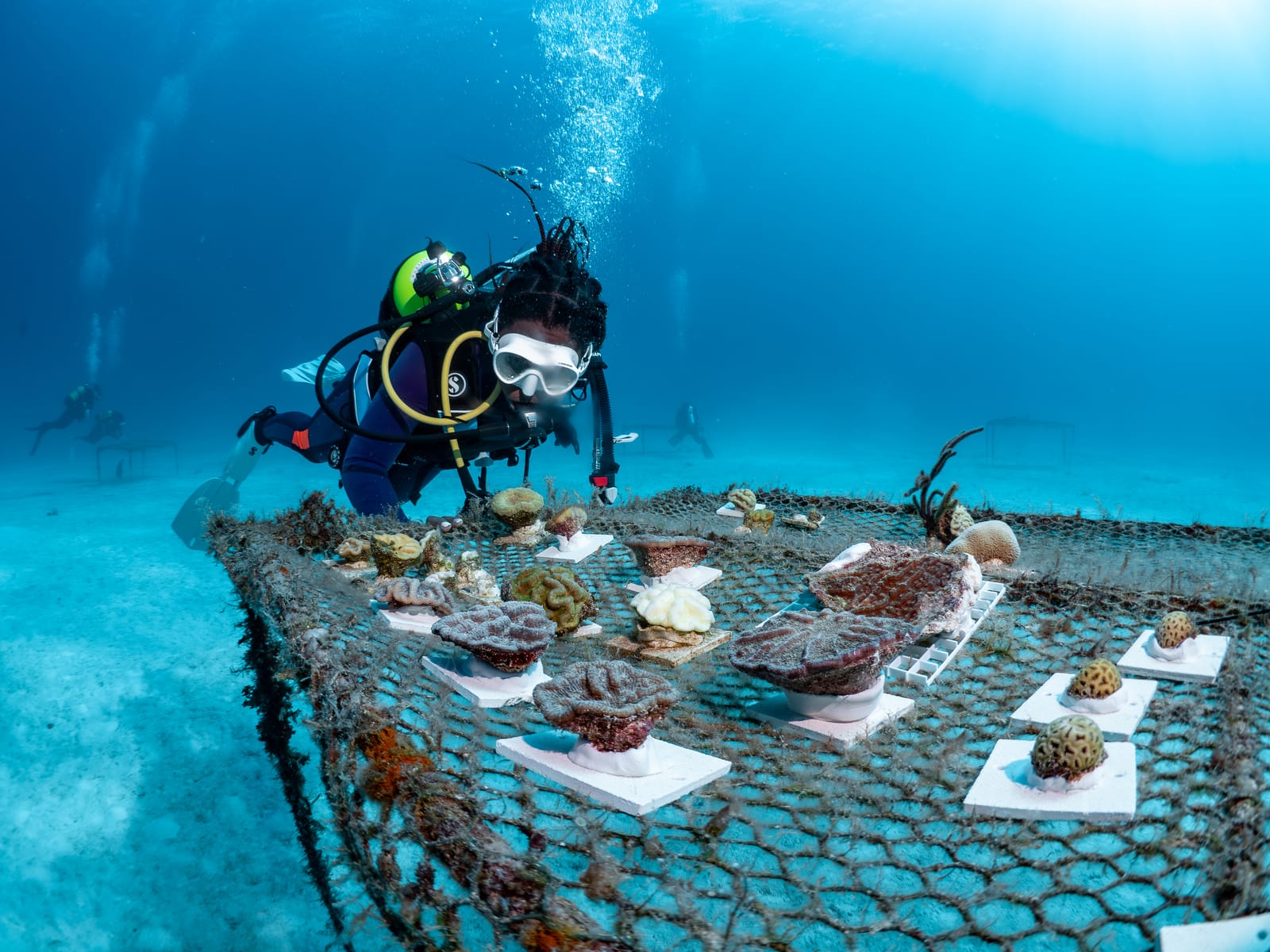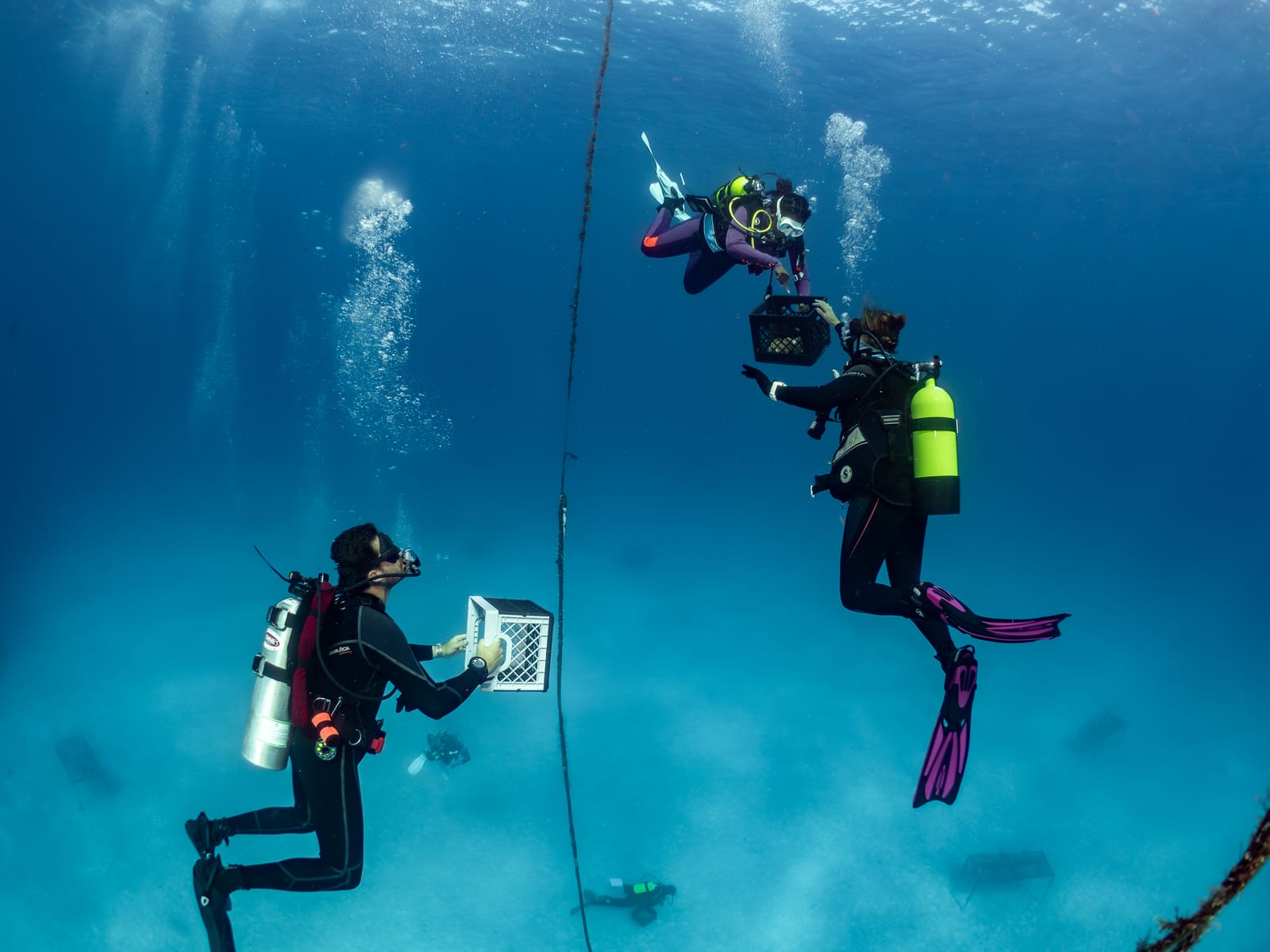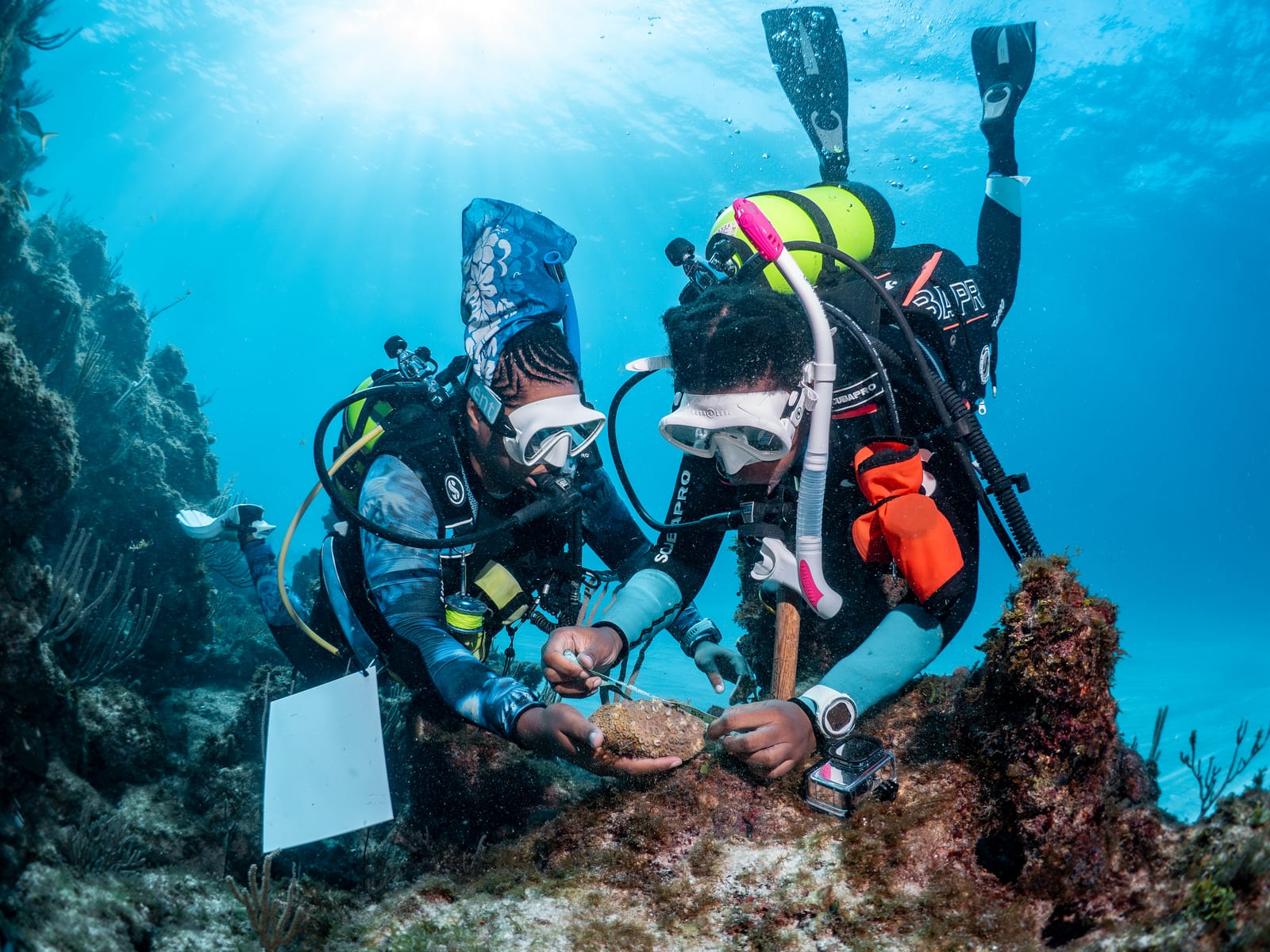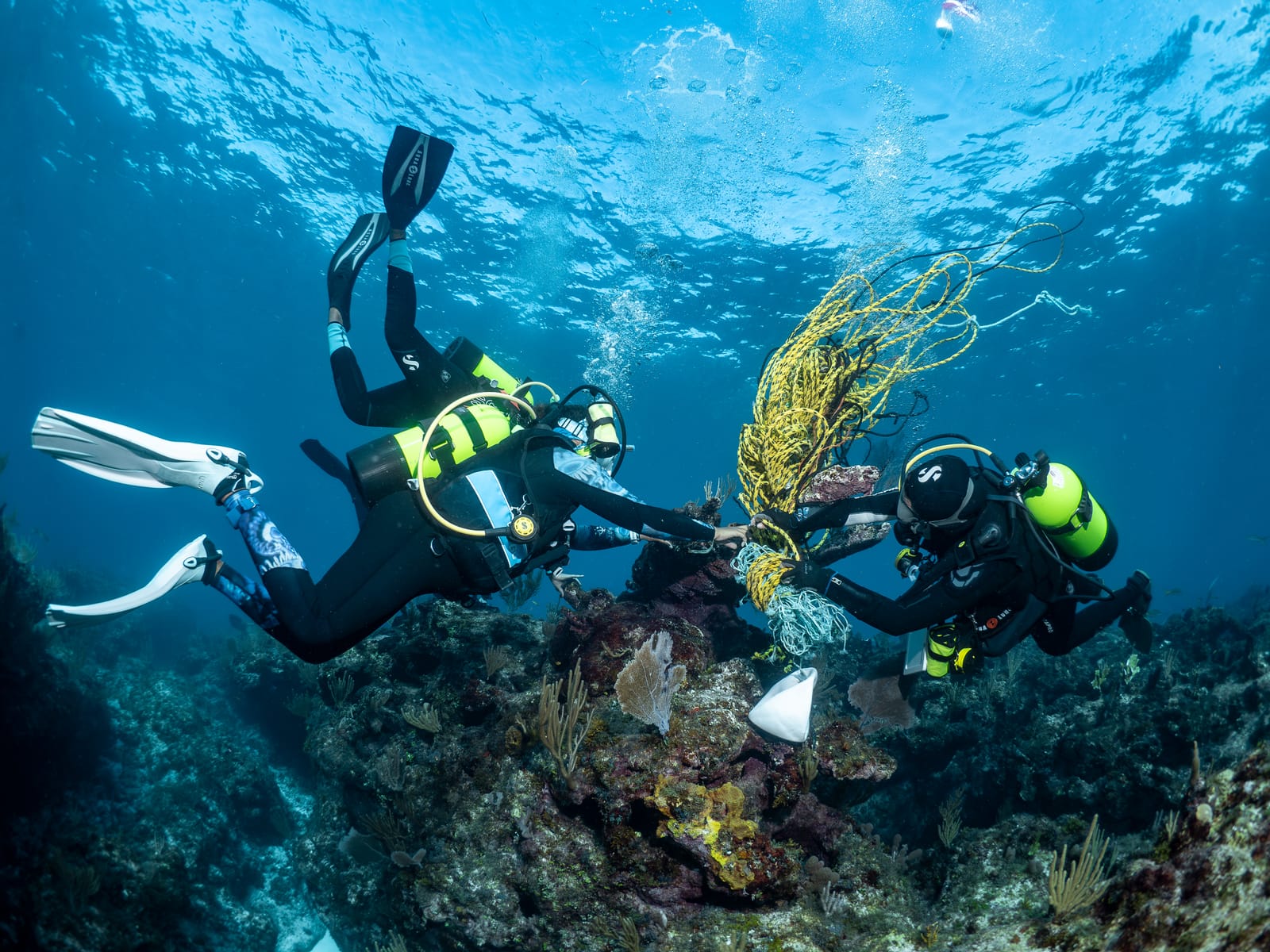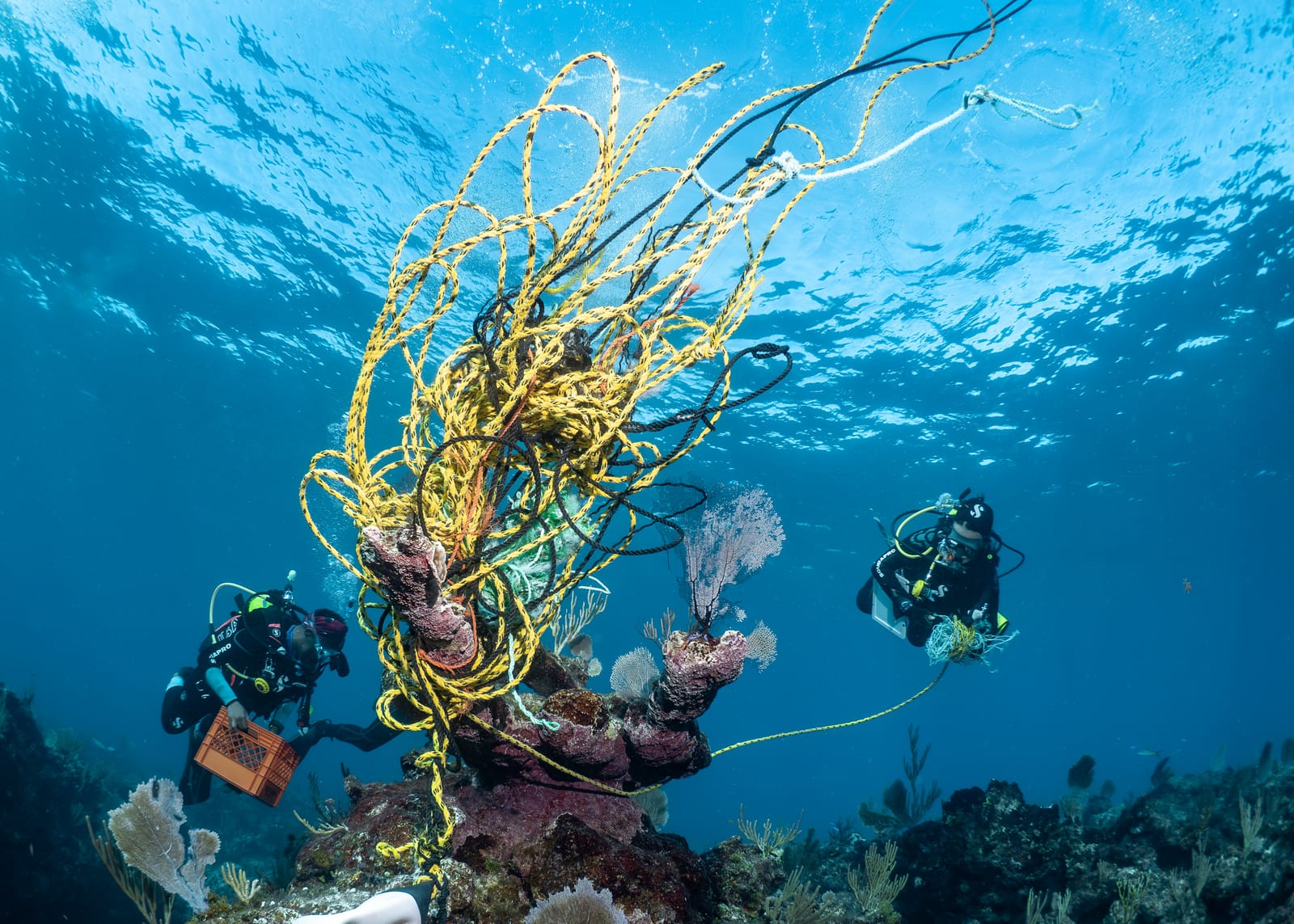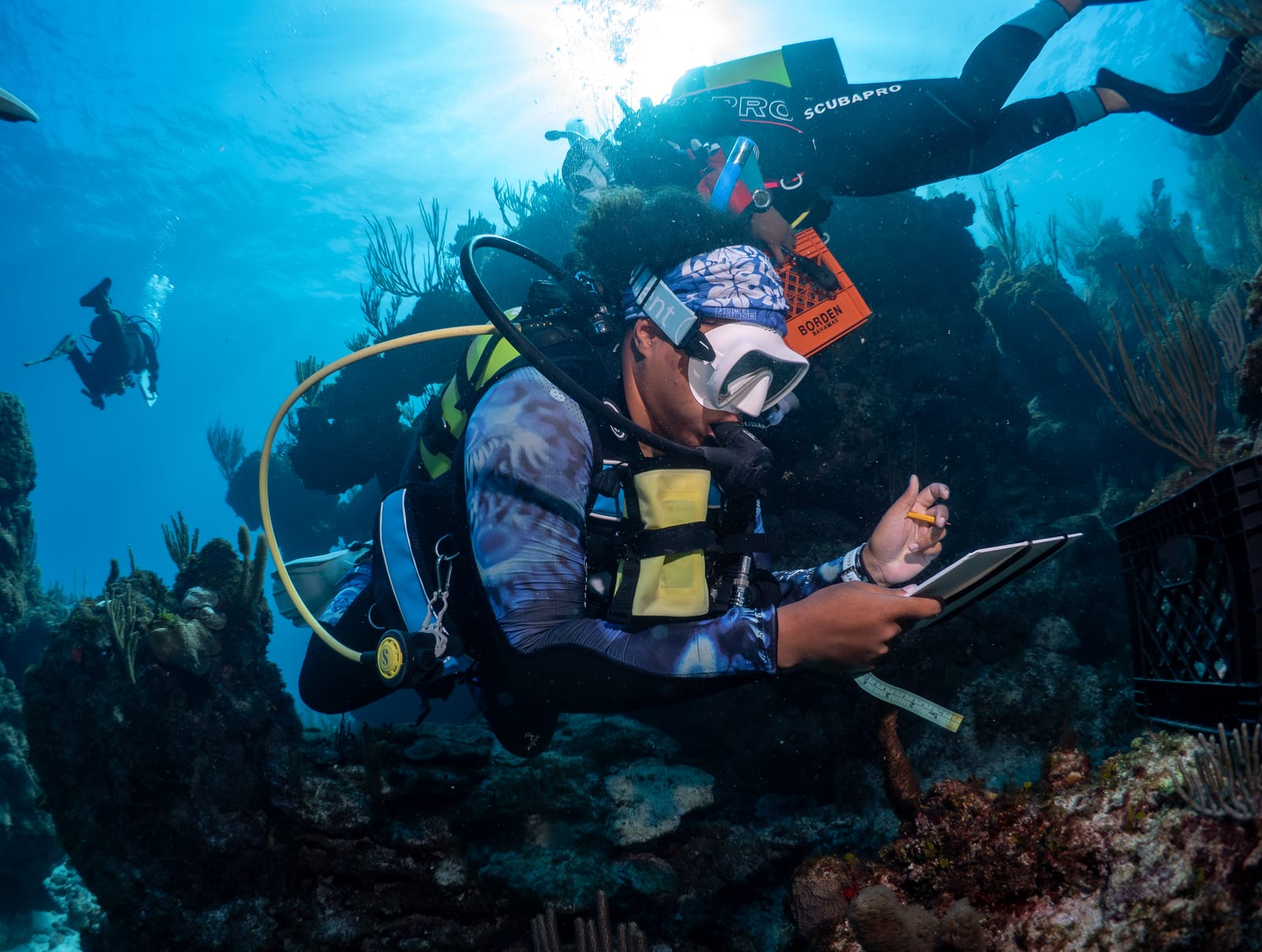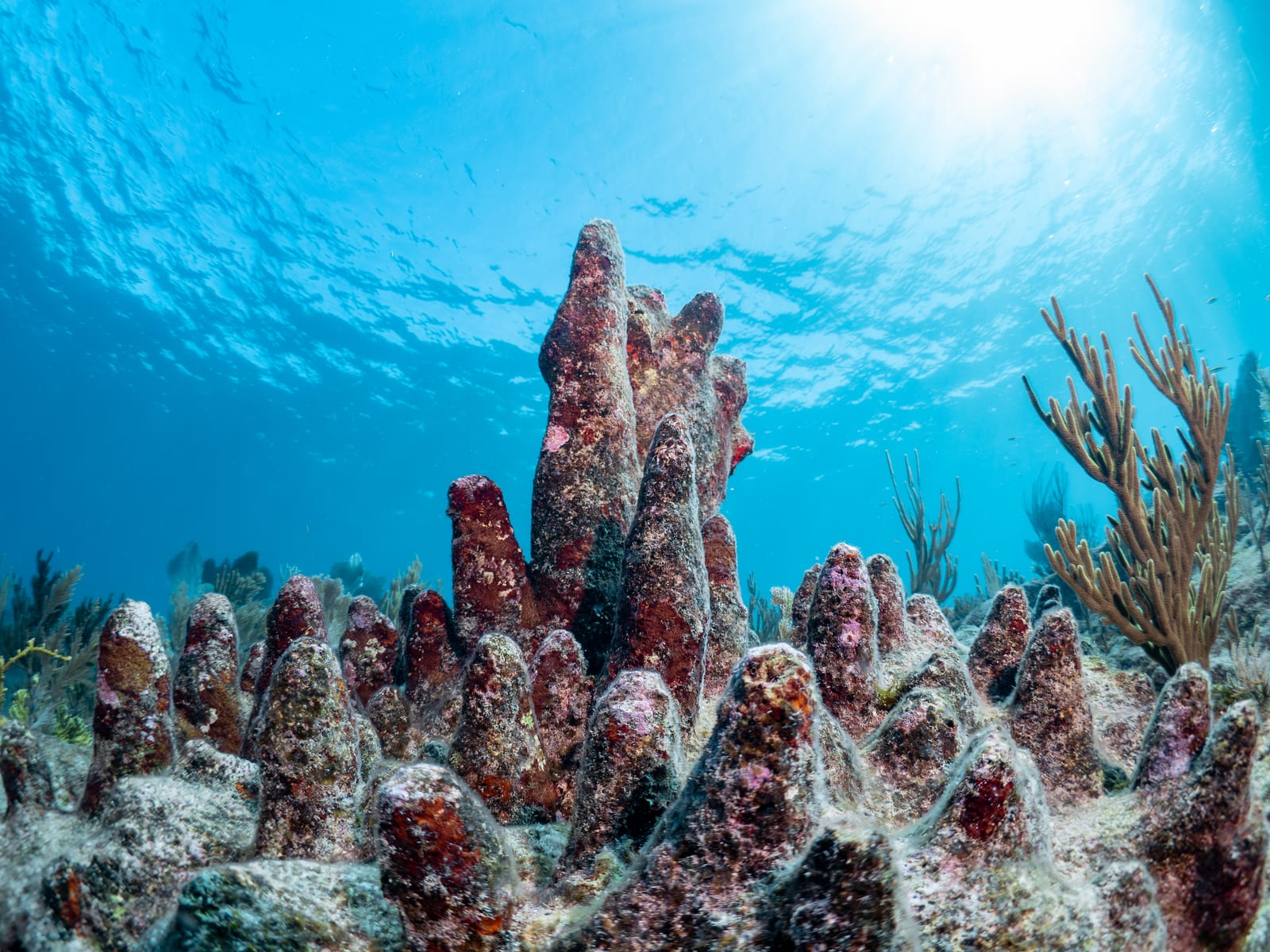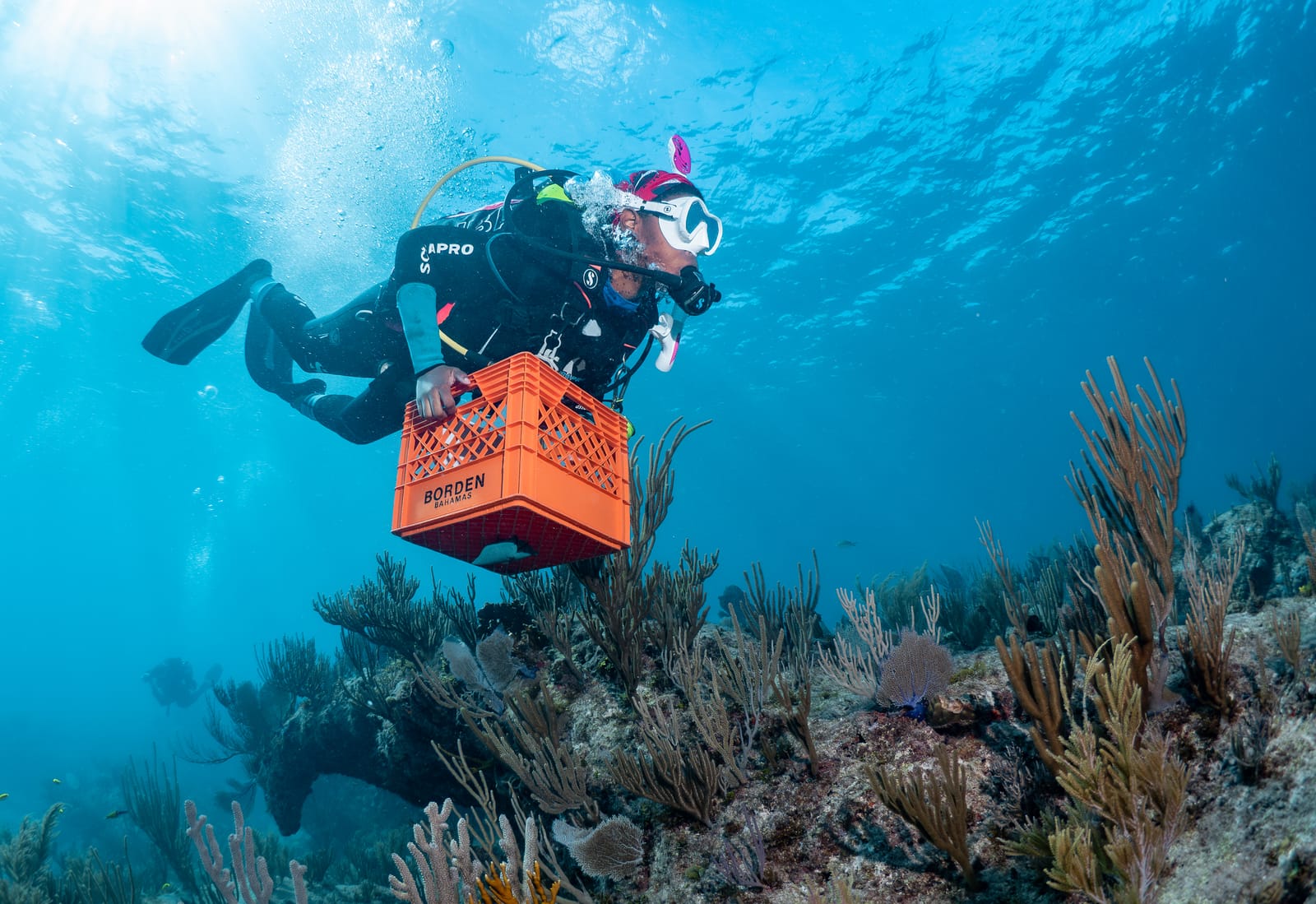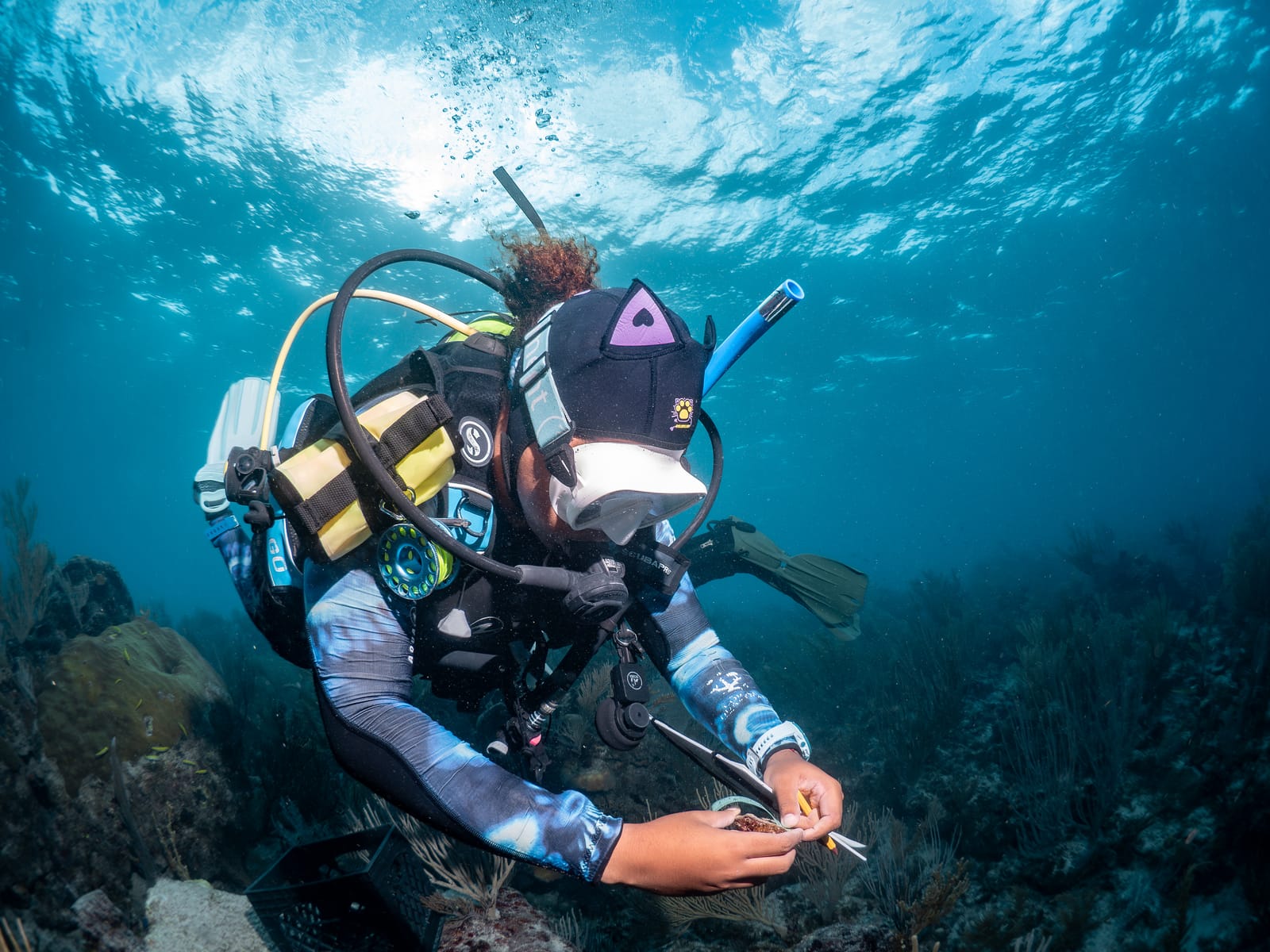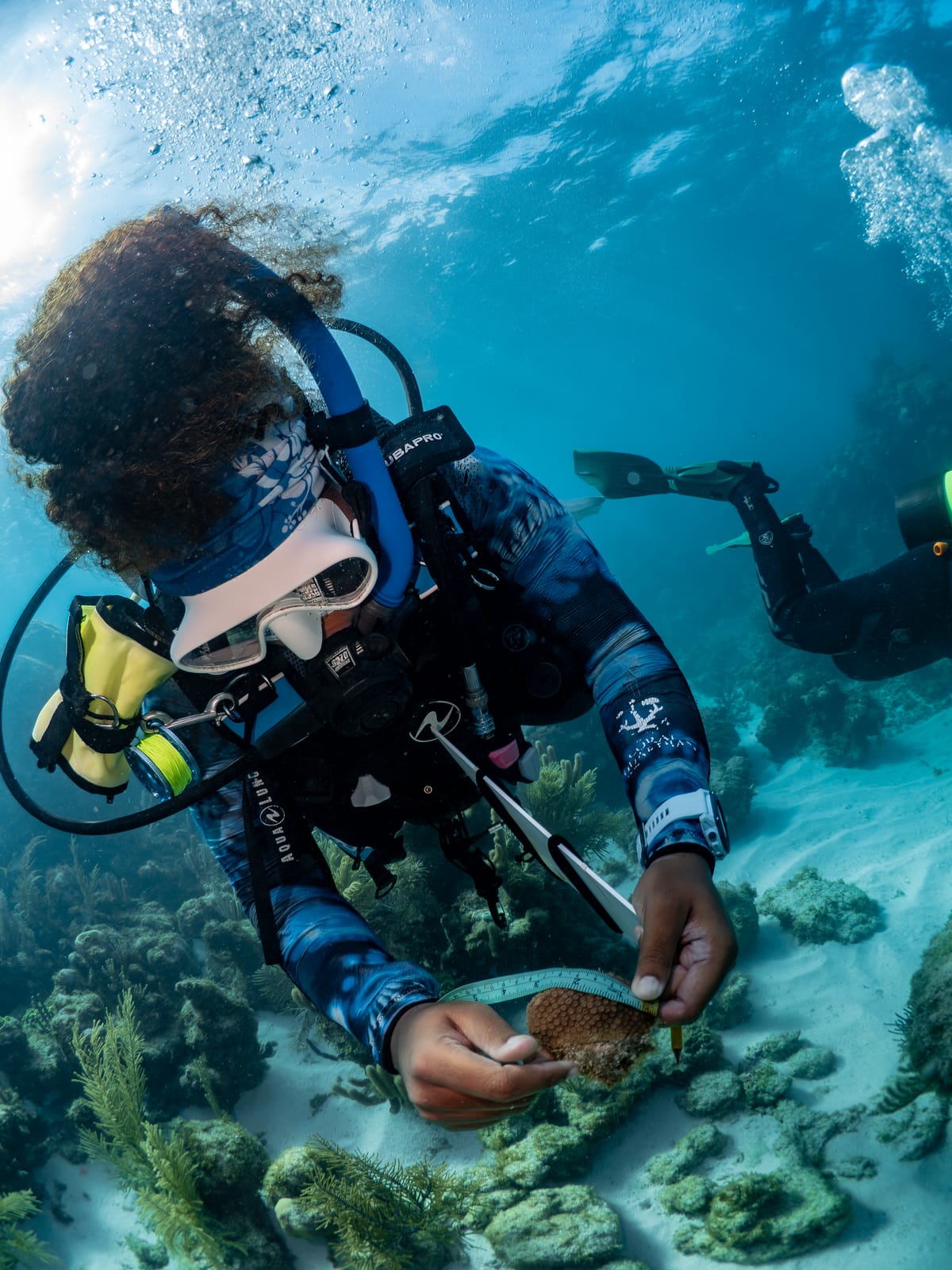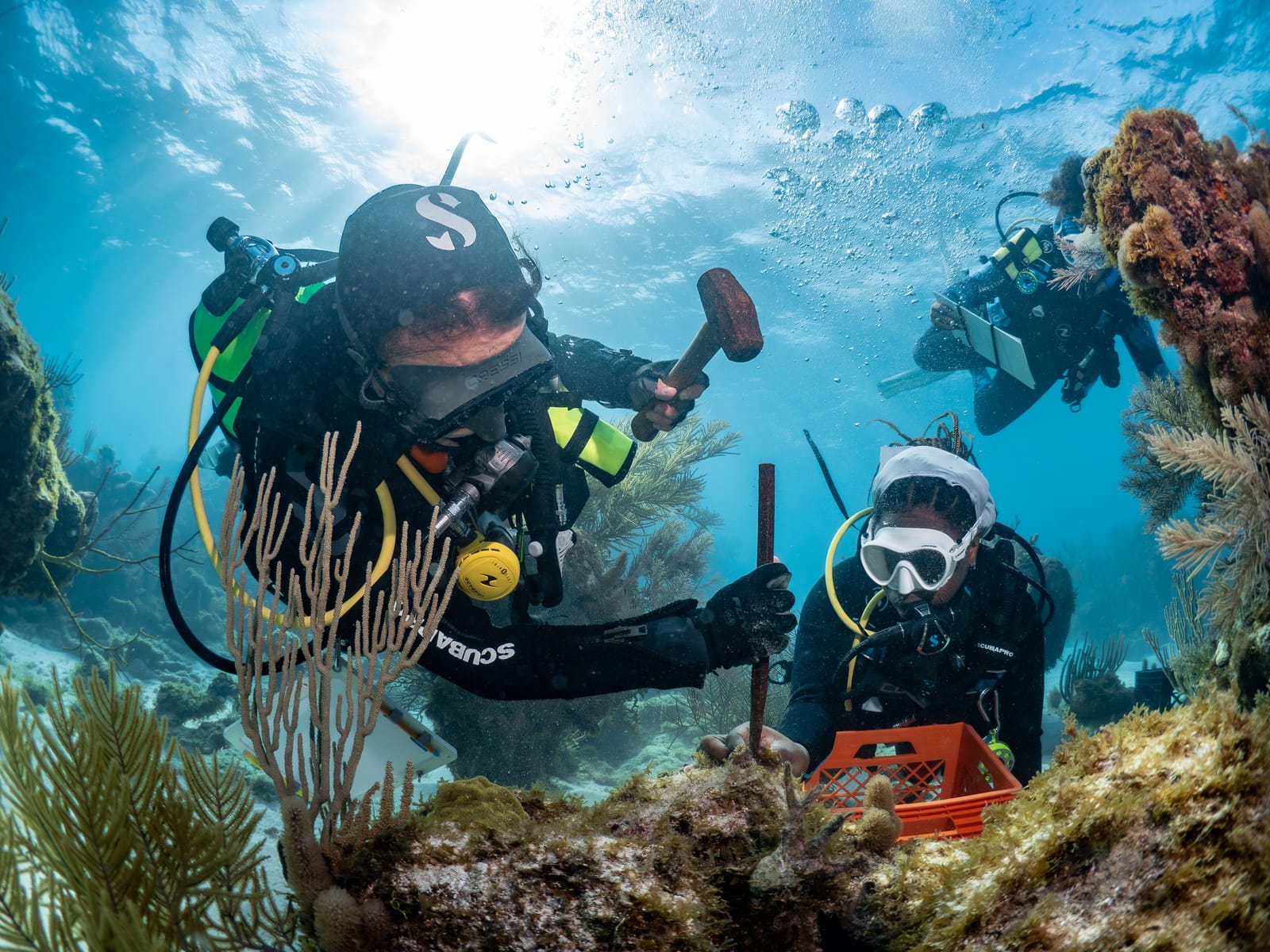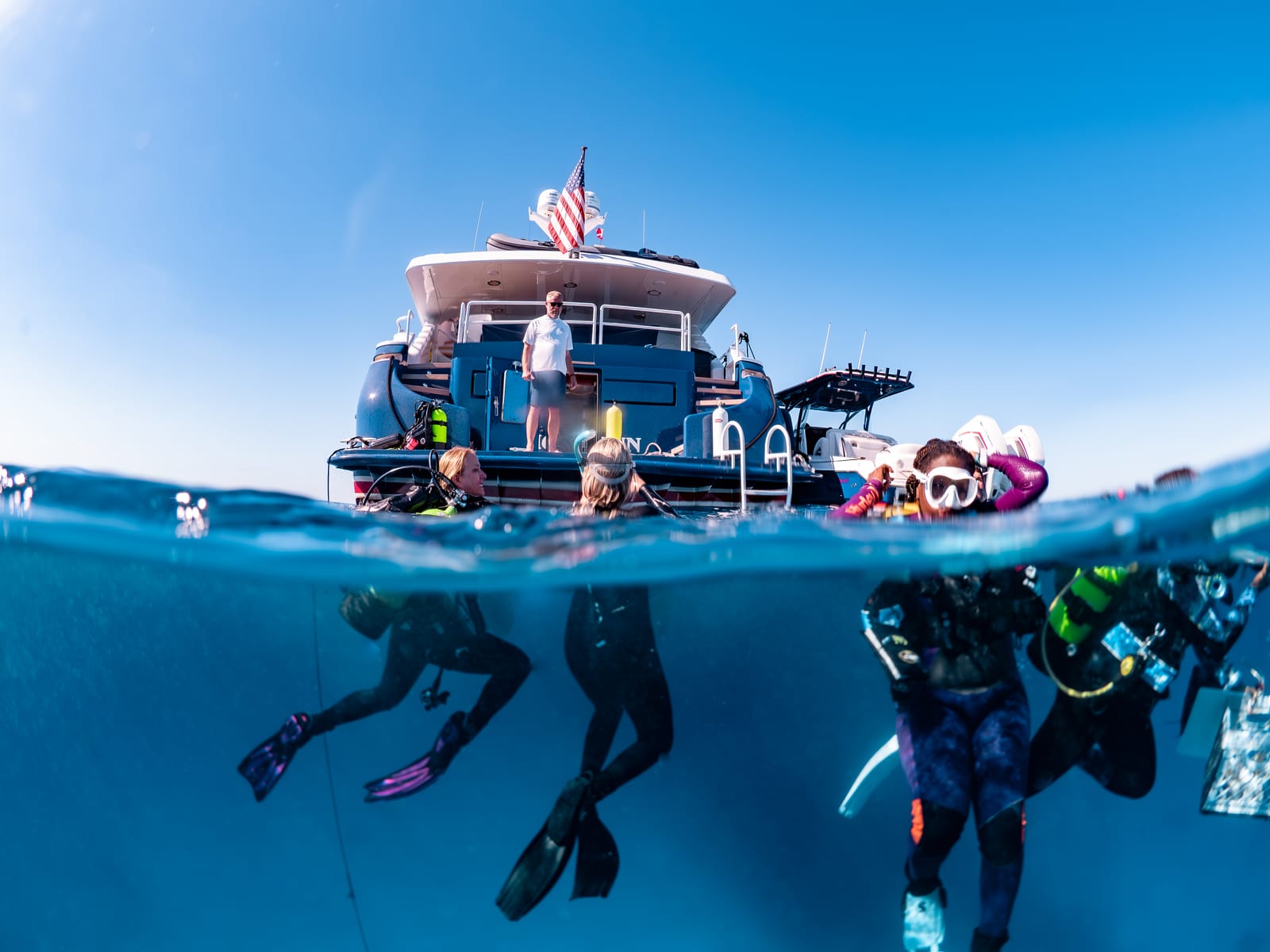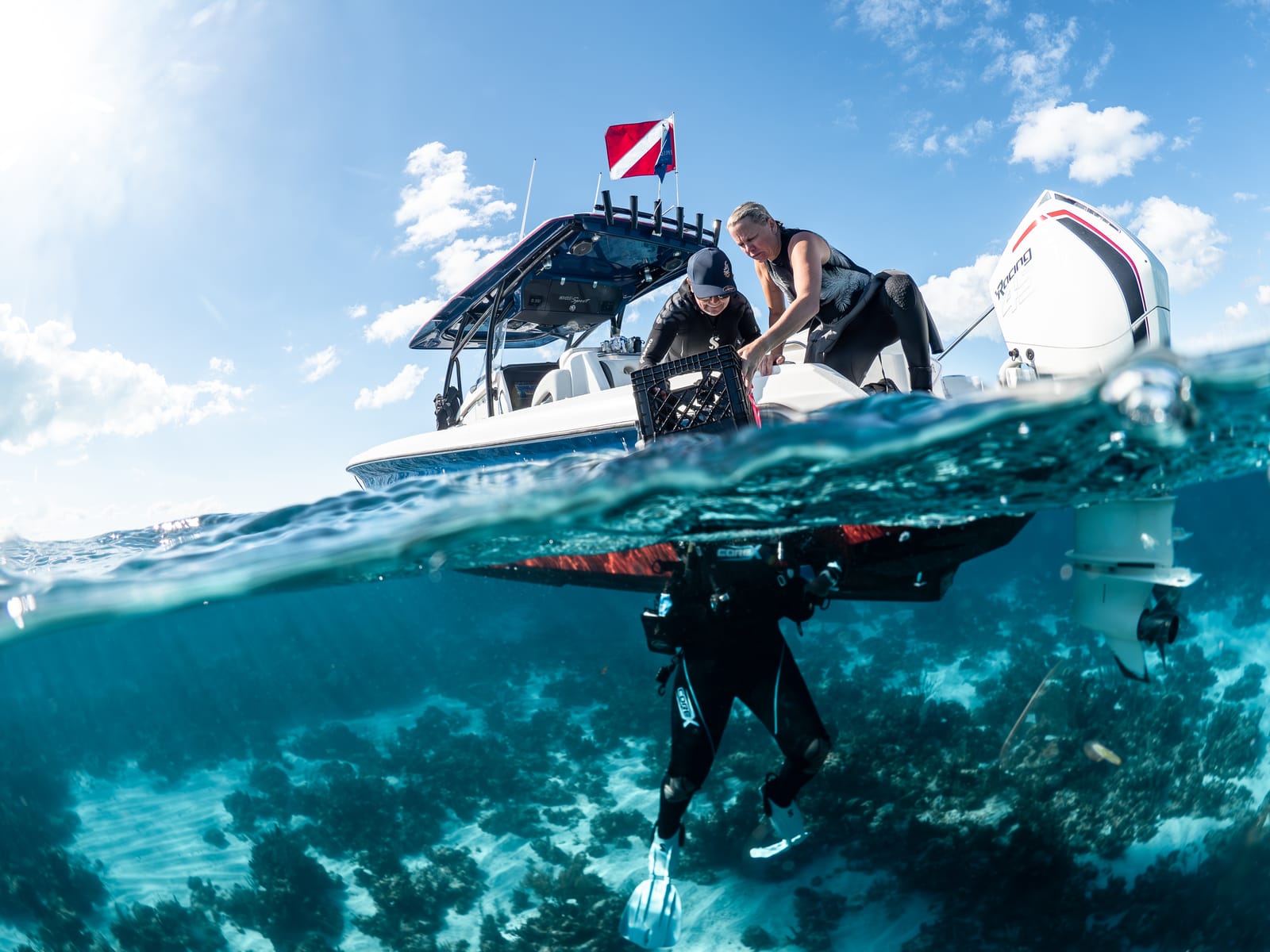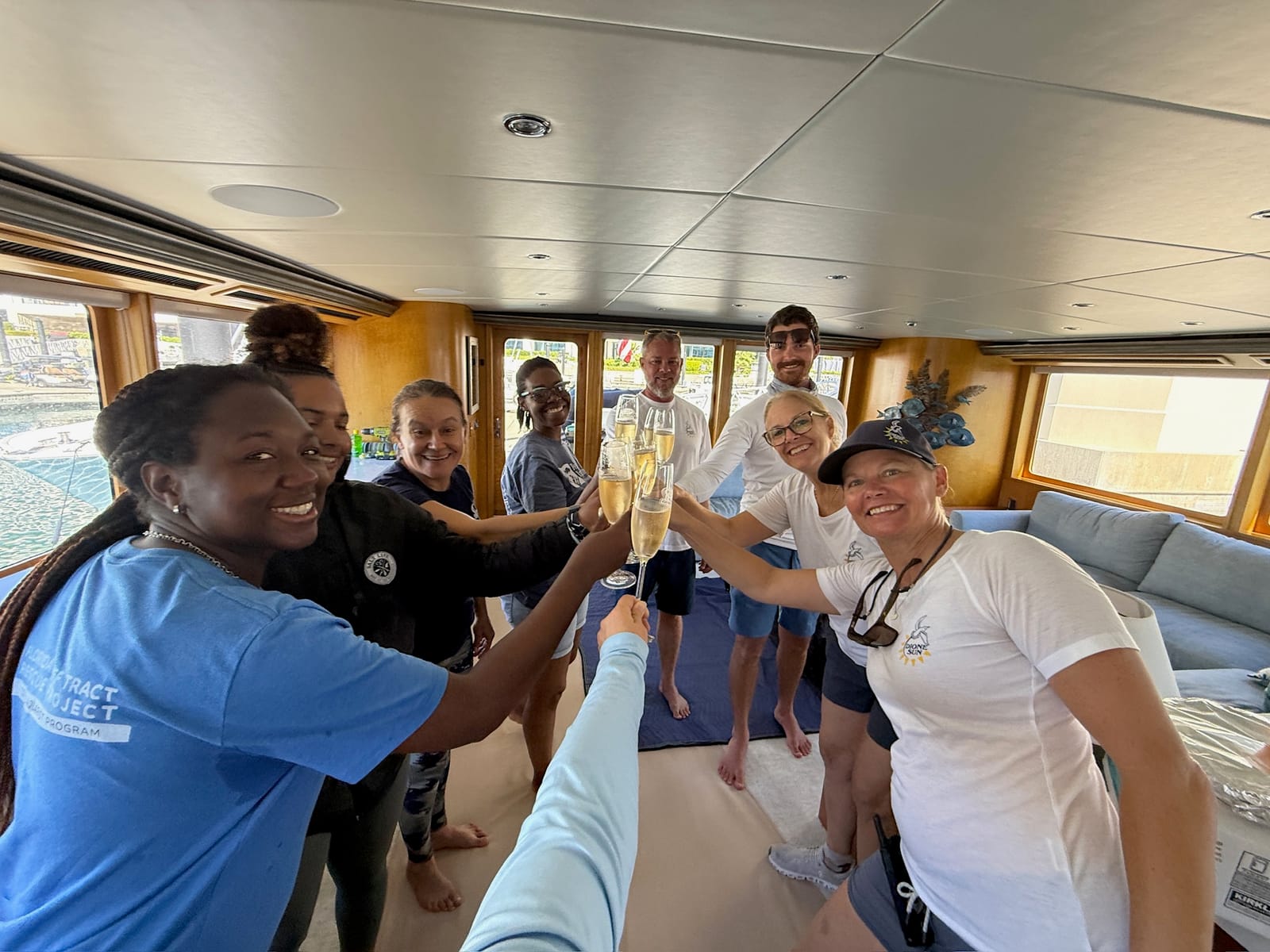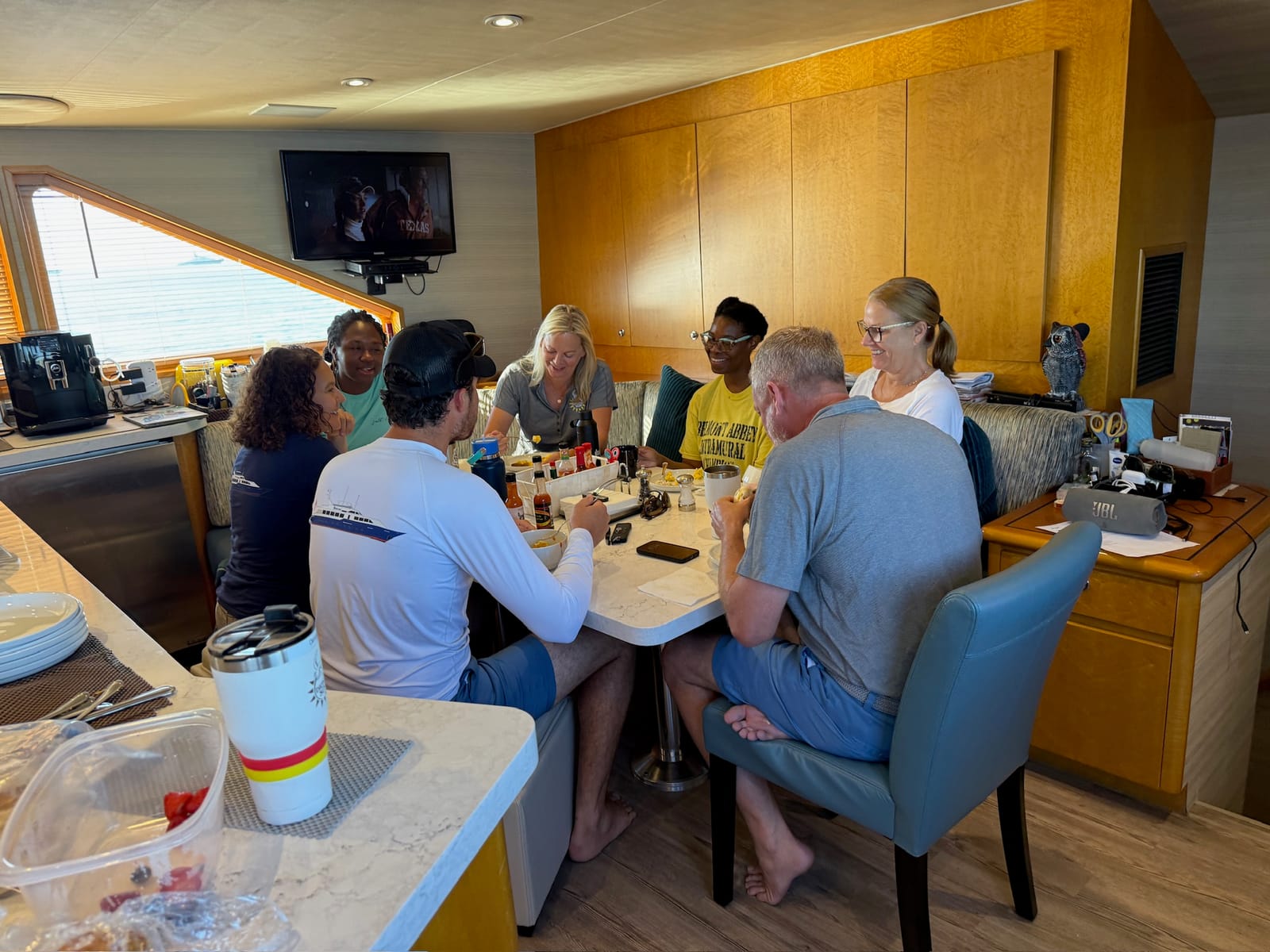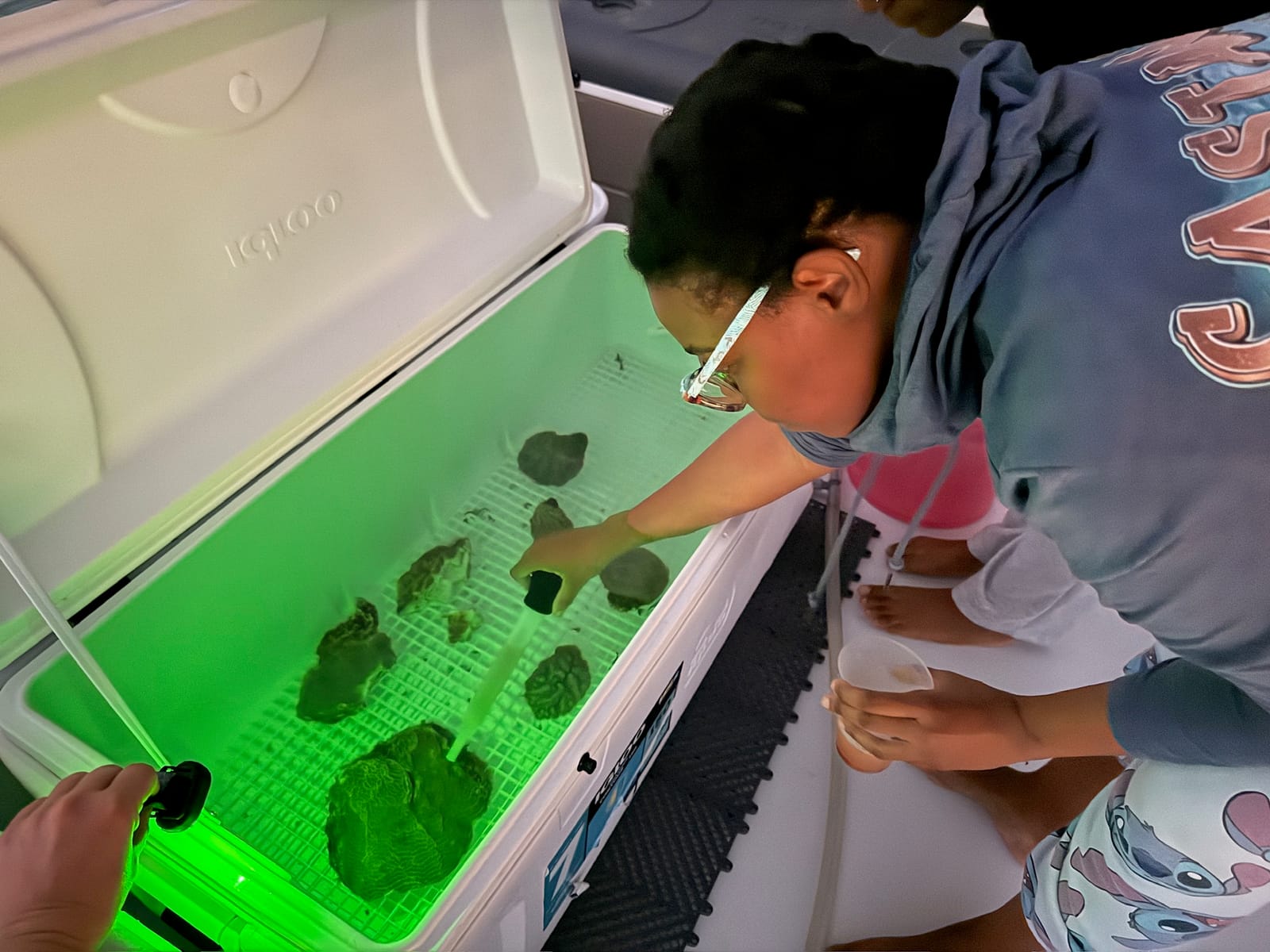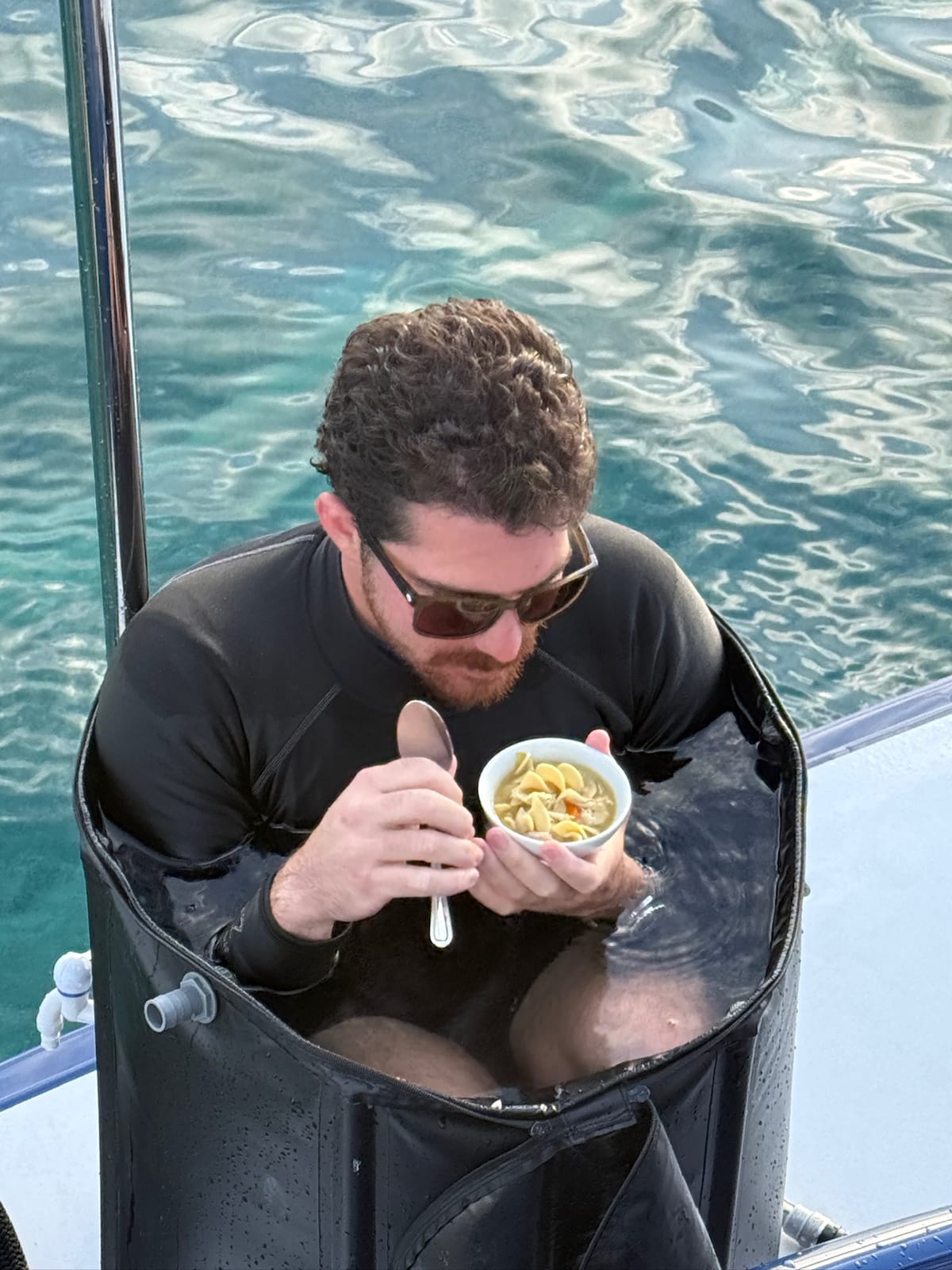- DISCOVERY Yacht Dione Sun
Coral Conservation With The Perry Institute for Marine Science
- November 11 - 17, 2025
- Abacos, Bahamas
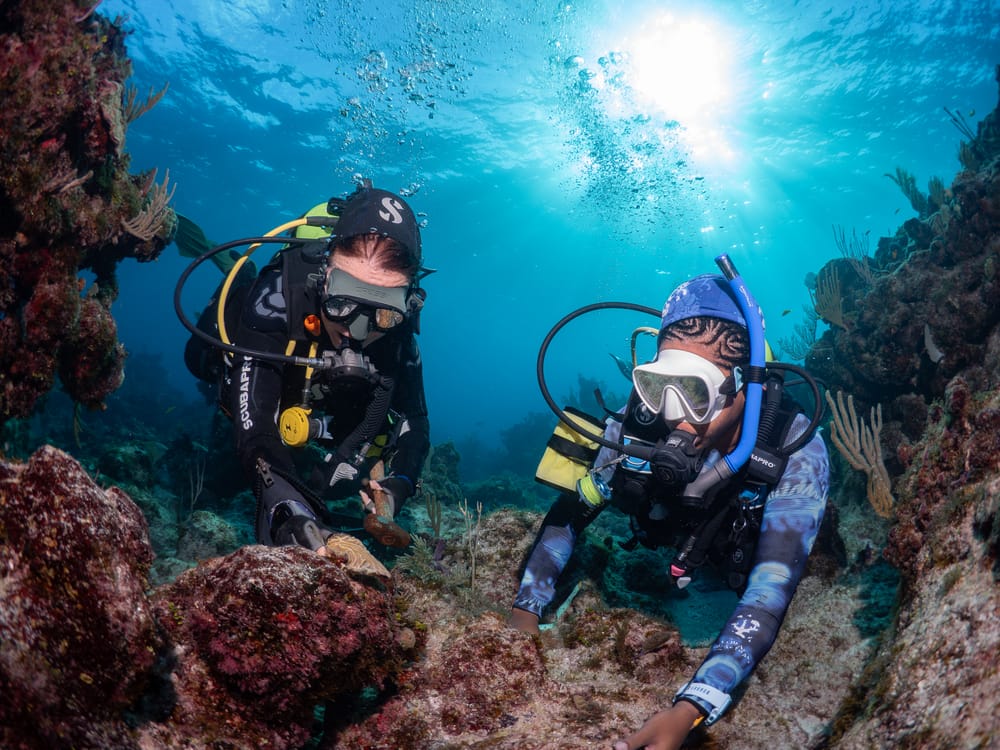
Project Overview
The impact of Stony Coral Tissue Loss Disease (SCTLD) varies significantly by species, with the most susceptible corals experiencing rapid declines that can lead to reproductive isolation and local or even regional extinction. Highly vulnerable species include pillar coral, maze coral, flower coral, and elliptical coral. Pillar coral (Dendrogyra cylindrus) in particular has suffered catastrophic losses. Once an iconic Caribbean species, its populations have been declining since the early 2000s due to bleaching events, white plague outbreaks, and now SCTLD. The disease spreads quickly within a colony, creating lesions that can kill a coral that took decades to grow in just a few weeks. The species is already extinct in the wild in Florida, and regional extinction throughout the Caribbean is likely without intervention.
To preserve what remains, scientists have implemented rescue and genetic preservation efforts by collecting fragments from remaining colonies across their range. These samples are maintained in biosecure land-based facilities and offshore nurseries to ensure that genetically diverse stock survives for future restoration work.
Application
Since 2019, the Perry Institute for Marine Science (PIMS) has been at the forefront of diagnosing, researching, and treating SCTLD in The Bahamas. The country is now at a pivotal moment, requiring expanded, coordinated national efforts to monitor vulnerable reefs, treat infected colonies, and safeguard species at high risk of extinction.
PIMS is working to scale efforts throughout The Bahamas by:
- Training practitioners in SCTLD identification and treatment
- Conducting scientific research to improve response strategies
- Deploying proven treatment protocols across priority reefs
- Maintaining antibiotic treatment of susceptible species
- Developing restoration techniques suitable for Bahamian reefs in an era of SCTLD and marine heat waves
- Rescuing and safeguarding coral species likely to disappear in the wild by housing them in secure gene bank and nursery systems
These steps are essential for preserving genetic biodiversity and enabling long-term recovery of coral communities throughout The Bahamas.
Expedition Summary
From November 11 to 17, 2025, SeaKeepers assisted The Perry Institute for Marine Science on the fourth leg of an ongoing coral rescue initiative, this time focusing on the Abacos, Bahamas aboard DISCOVERY Yacht Dione Sun. Over the course of seven days, the PIMS team and crew of Dione Sun conducted 18 dives across 16 unique reef sites, targeting colonies of coral species highly susceptible to Stony Coral Tissue Loss Disease (SCTLD).
A total of 61 coral colonies representing 11 different species were collected for long-term preservation. While pillar coral (Dendrogyra cylindrus) has been a priority species throughout this project, no live pillar corals were found at any of the Abaco survey sites, underscoring the severe regional decline of this species and the urgency of ongoing rescue efforts.
Each colony that was collected was carefully removed, documented, and then stabilized onboard where fragments were epoxied to tiles, labeled, fed, and maintained in holding tanks for the duration of the expedition.
At the conclusion of the fieldwork, the rescued corals were transported to two secure facilities within The Bahamas: an offshore coral nursery and a land-based gene bank. These protected environments ensure long-term care, propagation, and genetic conservation of the surviving genotypes, providing critical material for future restoration and research as SCTLD continues to spread.
This fourth leg builds on the progress made since the project began in 2024 and highlights the importance of maintaining and expanding genetic repositories for species at risk of local or regional extinction.
Location
Abacos, Bahamas
Duration of Project
Since September 2024, this project has consisted of four separate expeditions to collect fragments of coral colonies. Conservation and restoration efforts remain ongoing.
Leadership
Research Team
- Valeria Pizarro, PhD
- Gimel Morley, MSc
- Taylor Walters, BSc
- Stefana Roberts, BSc
- Aubri Keith, Photography, SeaKeepers
